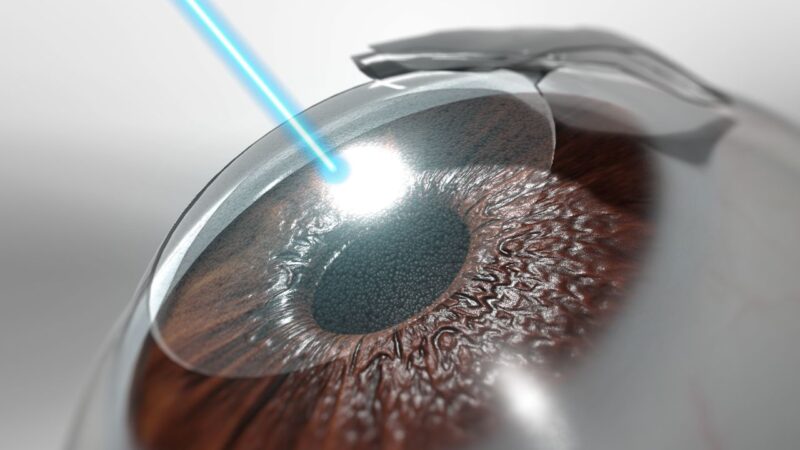Congratulations on having completed your LASIK surgery! It was a courageous step, but we’re sure it was also a very rewarding one. Now, you don’t have to wear glasses anytime soon and you are free to enjoy a good quality vision without having to worry about anything else.
But of course, there is this period we know as the recovery process where you will have to pay attention on what you are allowed to do and what you’re not allowed to do. Hopefully, you’re reading this article before you complete your LASIK surgery, but even if you have, it’s never too late to inform yourself of the do’s and don’ts. Or if you have done your LASIK surgery and still in the process of finding more information such as the cost of LASIK in Singapore, be sure to check out this comprehensive guide about the price of LASIK in Singapore here.
Recovery is just as important as the surgery itself because a successful recovery is what will lead you to experiencing the full benefits of your LASIK surgery. In this article, we’re going to look at the top questions people ask after their LASIK surgery.
1. How long after do I have to wait after LASIK to see the perfect vision?
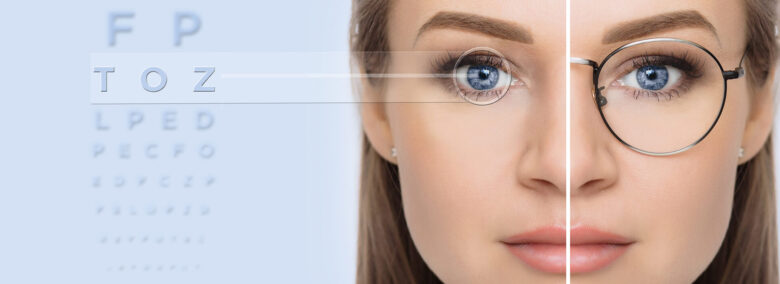
Every patient is different. Some patients heal really quickly and immediately achieve 20 20 vision just a few days after their LASIK surgery. However, there are also some patients who will have to wait a bit longer to enjoy their 20 20 vision. The vision improvement happens gradually during the recovery process. Some people take weeks, some take months. This depends on many factors such as the natural healing ability of your eyes, the amount of degrees corrected, and also the type of laser vision correction surgery that you choose.
2. Can I Drive Myself Home After LASIK?
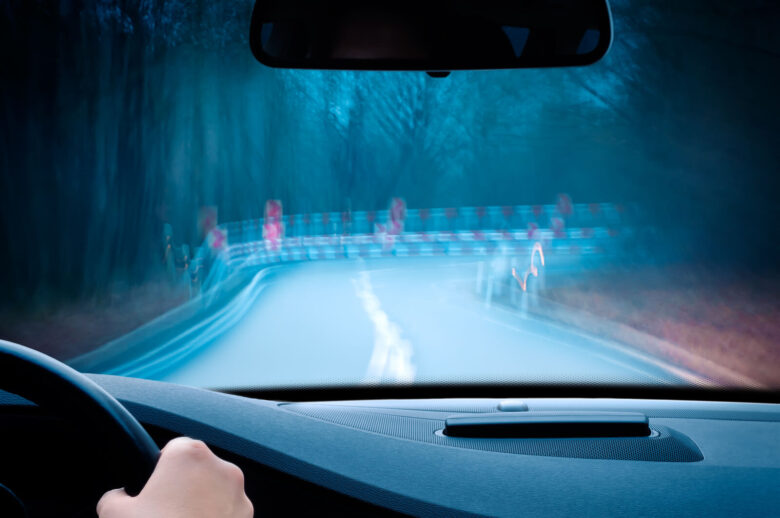
No, you cannot. Your vision won’t be stable enough right after surgery. As we know, driving is heavily dependent on the condition of your eyesight. It is totally unsafe to drive on your own when your eyes just finished a surgical procedure. This is why we always tell LASIK patients to arrange for rides before they get into surgery.
Plan it from a few days ahead for someone to take you to the clinic and to take you home. If you can’t find anyone to accompany you, then perhaps plan to use a cab. If possible try not to use public transport like the train where you will have to squeeze your way in a crowd and pay attention to lanes and all that. The best option is to ask someone to drive you to surgery and home from surgery.
3. Can I shower after LASIK?

Yes, you can! As long you don’t get any water or soap into your eyes. You will have to be extra careful as you take a shower. Find a way so that you don’t end up spraying your eyes or getting water into your eyes. You also need to make sure that none of the soap or liquid get into your eyes as you shower.
4. When Can I Return to Work?
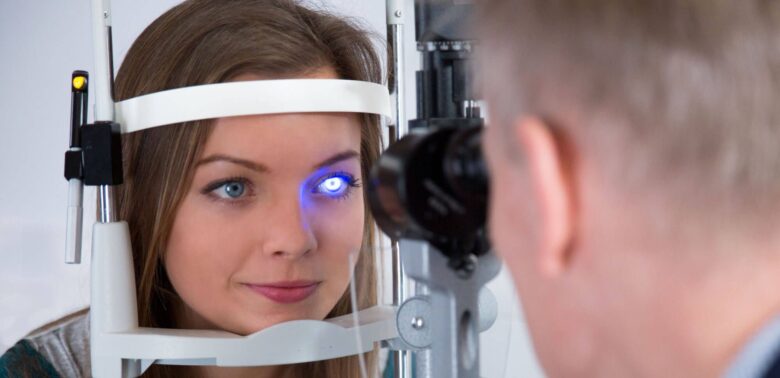
You can plan on coming back to work after about 5 days of rest. If you are able to take more days off, that would be best. If your job requires you to do a lot of physical activity or need you to be outdoor, consider taking a longer period of time off because you need to protect your eyes from muscle strains and the sunlight.
5. Can I Exercise After LASIK?

Yes, but not right away. You will need to take a few weeks off from exercise. Especially if you’re usually engaged in exercises that have a lot of physical contact and if you choose a flap based laser vision correction such as LASIK. You will also have to pause on your water sports or even things like sauna. You need to avoid physical contact and water to protect your LASIK recovery. Do check with your LASIK surgeon on how long you need to wait before resuming your sports activities.
6. When can I start wearing eye makeup after LASIK?
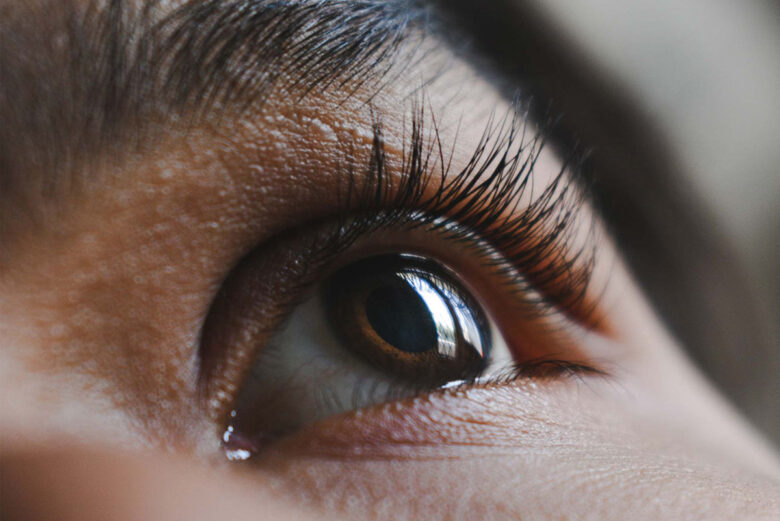
At least a week after LASIK surgery. You should definitely ask your eye surgeon to confirm whether it is safe for you to start wearing eye makeup at this point. You don’t want to jeopardize the results of your LASIK surgery, and more importantly to avoid getting an eye infection so be disciplined and don’t compromise.
7. Can I watch TV or use phone after LASIK?

Yes, but if possible get more rest and sleep as much as possible after your surgery. You will be able to see TV or phone, but the problem is that because your eyes is just starting to heal, it will get tired way easier. You don’t want to tense the muscles too much right after surgery.
8. How many days after LASIK can I wash my face?

You can wash your face around the next day after surgery as long as you don’t get any water or soap into your eyes. You will have to be really gentle and careful, and make sure that you don’t get any water or soap into your eyes.
9. How do you care for someone after LASIK?
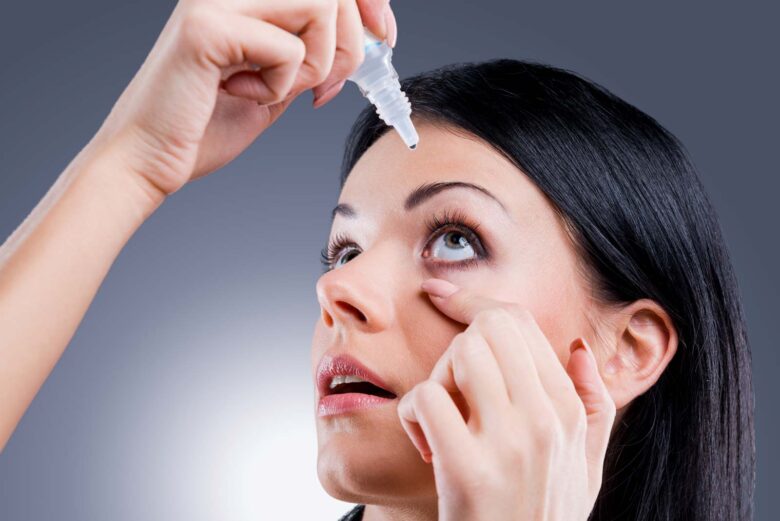
Just help them rest as much as they can at home. Remind them of the do’s and don’ts as advised by the LASIK surgeon. Help them take care of the house and their meals so that they can focus on getting more sleep, and relaxing for at least the first day after LASIK surgery. You can also help them by taking over activities that require a lot of physical strength. LASIK patients are not allowed to carry heavy stuff or do activities that require a lot of muscle strain because these things are dangerous for the eyes during recovery
10. What should I avoid after LASIK?
There are several things that you will need to avoid after LASIK surgery. Four crucial things to avoid are:
1. Water
You will need to avoid any activity that will get water into your eyes. Earlier, you will see that we talked a little a bit about showering but being very careful not to get any water into your eyes. Water is problematic because we don’t know the bacteria and all the other stuff that the water carries with it. That’s why it is wiser to avoid water.
2. Sunlight

LASIK patients are encouraged to wear UV protected sunglasses during at least the first 2 months after surgery. This is to protect your eyes from the harmful UV rays from the sun. Also, wearing sunglasses help to ease light sensitivity that many LASIK patients experience during their recovery period.
3. Bacteria
We don’t want bacteria to come in to your eyes. It doesn’t mean that we welcome bacteria at any point, but it is especially important to keep your eyes clean especially when it is still healing. The possibility for infection to occur during this time is way higher compared to normal circumstances.
4. Physical contact

You don’t want to get flap dislodgement. You want to keep your flap in place—safe, secured. To do this, you need to avoid any type of physical contact. It can be by avoiding certain heavy physical exercises, by not rubbing your eyes, by being mindful about what you allow to come in contact with your eyes.


